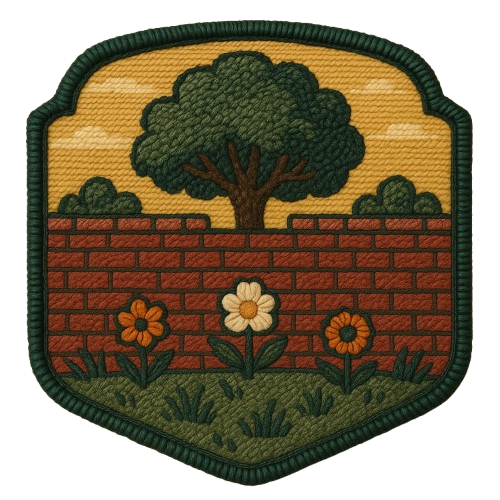Scaping the internet's walled gardens

The Internet has undergone a significant change over the years, shifting from decentralization to centralization. In the early days, many networks and servers connected to form a distributed structure, allowing an open and free flow of information, competition, and innovation. However, the internet of today is controlled by a few major tech companies, leading to a less open and more controlled online space. This concentration of power and control has led to the creation of “walled gardens” with many users being restricted to accessing only the content and services provided by these major tech companies.
Fortunately, several efforts are underway to move back towards decentralization, and many decentralized social media platforms like Mastodon, Diaspora, and PixelFed are available. They form the Fediverse, a federated social network that uses the ActivityPub Protocol. These platforms offer many of the same features as traditional social media platforms, but with a greater emphasis on user control and privacy.
Decentralization brings about its own challenges. Servers often crash, and moderation is another significant challenge on Mastodon servers. However, by working together and coordinating efforts, it is possible to create a safe and welcoming online space for all users.
Centralization can stifle competition and innovation, as smaller companies and projects may have a harder time getting noticed and gaining traction in a space dominated by a few major players. It can also lead to a lack of transparency and accountability, as well as potential privacy violations.
As with everything that is new, there is noticeable resistance from people that became accustomed to the ease of use of centralized big-tech software. While centralization may provide some convenience in the short term, it is ultimately detrimental to the openness and diversity of the internet.
Decentralization is crucial to the openness and diversity of the internet. It allows for an open and free flow of information, competition, and innovation, and gives users greater control over their data and online interactions. While there are challenges to decentralization, such as server crashes and moderation, by working together and coordinating efforts, it is possible to create a safe and welcoming online space for all users. Perhaps it is time to tear down the walls of centralization and move towards a more decentralized and federated internet.